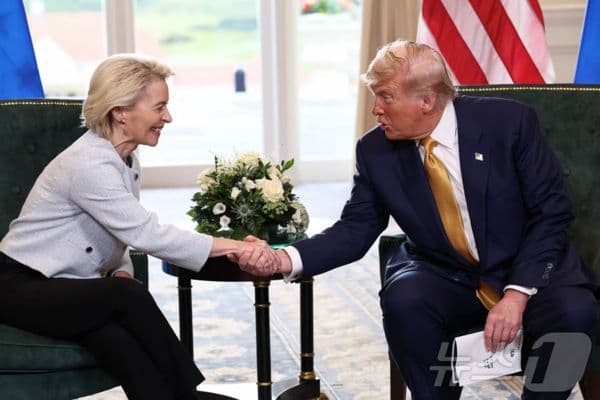Unraveling Jang Myung-bo’s Unforgettable Journey

From Japan to Korean Diamond
Born to a Korean father and Japanese mother in Gunma prefecture, Jang Myung-bo began as an amateur free agent with the Yomiuri Giants and later shined for Nankai and Hiroshima in Japan’s Central League. Despite solid performances, cultural bias and nationality issues shadowed his early career. After naturalizing in 1974, he led Hiroshima to its first Japan Series titles in 1979 and 1980. Korean fans later discovered that his disciplined approach and fierce competitiveness were shaped by navigating double identities and discrimination across two baseball worlds
Many Korean bloggers on Naver recalled his quiet determination before his move to the KBO where expectations soared higher than ever.
The Legendary 1983 Season

In 1983, Jang joined the struggling Sammi Superstars with the highest contract in Korean baseball history. He pitched an astonishing 427 innings over 60 appearances, notching 30 wins, 36 complete games, and 220 strikeouts. His unyielding work ethic and strategic psychological tactics, like brushback pitches and bench-clearing feints, electrified stadiums and puzzled rival hitters. Korean sports news outlets celebrated his resilience but the team’s front office reneged on promised bonuses, igniting discussions on player rights and management ethics that still resonate in fan forums
The Tistory community buzzed with admiration and sympathy, praising his record while condemning the broken promises that followed.
The Price of Triumph
The physical toll of that heroic season became clear as shoulder and back injuries mounted. Jang’s stats dipped to a 13-20 record in 1984 and a 11-25 mark in 1985, setting an unfortunate single-season loss record. Traded to Binggrae in 1986, he managed just one win against 18 losses before being released. Fans on Daum and Clien lamented how 1983’s overuse led to a swift decline. His trials sparked early calls for better sports medicine and workload limits in the KBO, influencing modern discussions on pitcher health.
Final Innings and Lasting Legacy
After a brief coaching stint, off-field struggles with gambling and substance abuse led to legal troubles and his return to Japan in 1991. He spent his final years working odd jobs before passing away in 2005. Despite a tragic end, Korean baseball communities commemorate him as a pioneer who taught aggressive pitching tactics and mental warfare on the mound. Annual articles and blog tributes on Naver, Daum, and community boards honor his fearless spirit and remind new generations that even the greatest triumphs can carry hidden costs.
Discover More

EU and US on the Brink of Weekend Trade Deal
EU and US edge toward a weekend trade deal with 15% tariffs, looming retaliation, and high-stakes diplomacy as Trump heads to Scotland for negotiations.

How the No Gun Ri Global Peace Forum Shapes the US-South Korea Alliance
Coverage of the 2025 No Gun Ri Global Peace Forum in Washington DC where US-South Korea alliance adapts to strategic changes with cultural insights